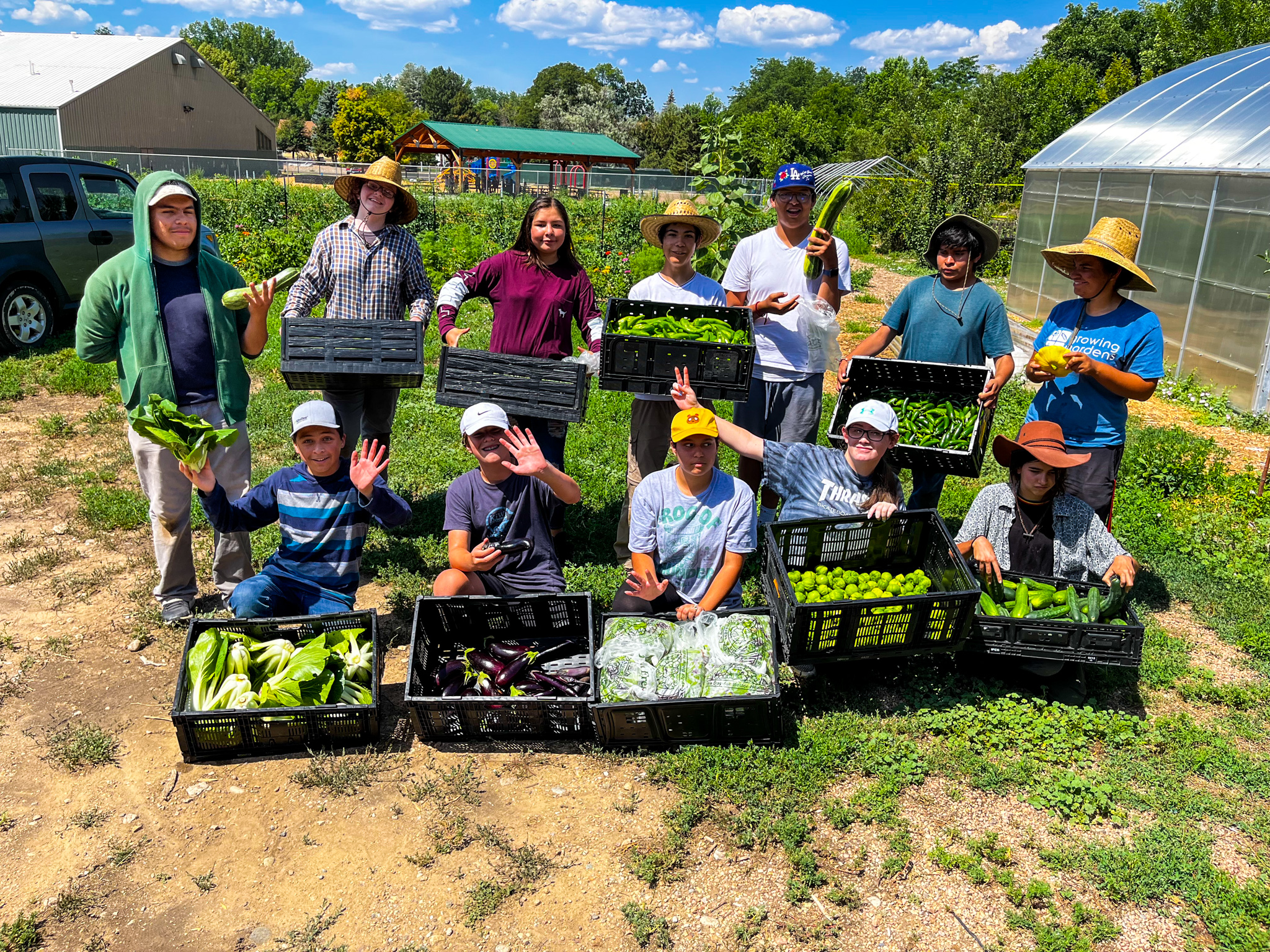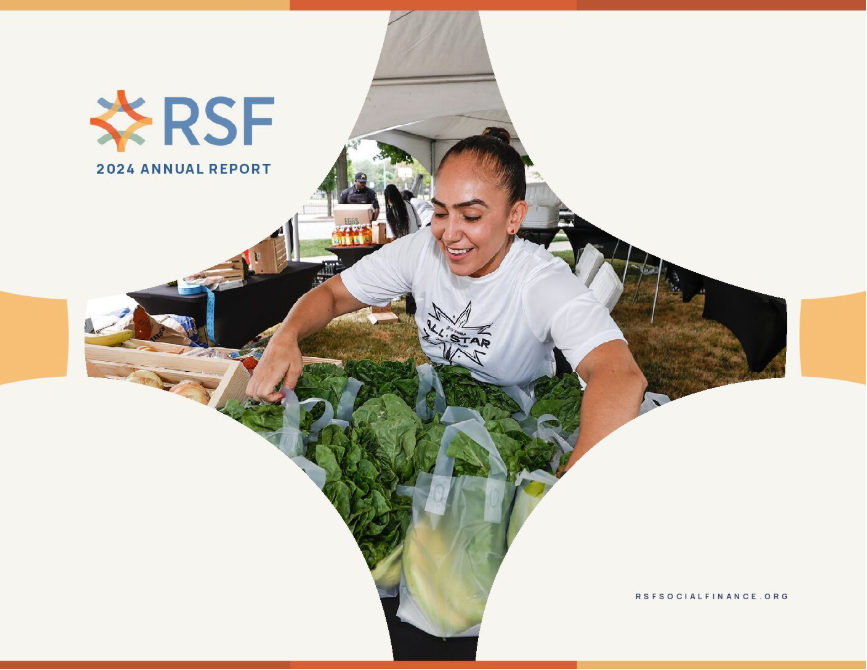With eight thousand plus farms in Maine, New England’s northernmost state is also its most agricultural. Since 2007, agricultural sales in the Pine Tree State have grown an astonishing 24 percent.
But before you celebrate, consider this: financing small farms and food businesses in Maine remains restrictive. Commercial financial institutions continue to see loans to modest food enterprises as more trouble than they’re worth. Other traditional food financiers present added challenges, including cumbersome applications, snail’s pace funding cycles, or investment requirements that ultimately support conventional producers.
The Maine Harvest Credit Project plans to fill this financing gap by establishing the Maine Harvest Credit Union.
Inspired by credit unions focused on reducing economic inequality, such as the Self-Help Credit Union, Maine Harvest looks to use its vast agricultural expertise to support budding food-producing enterprises with capital access. It will begin by offering equipment or business loans from $20 to $125 thousand, and land-backed mortgages up to $400 thousand.
The project, managed by Scott Budde and overseen by Sam May, operates with firm backing from the Maine Organic Farmers and Gardeners Association (MOFGA), the Maine Farmland Trust, and Slow Money Maine. MOFGA aided Maine Harvest by acting as a fiscal sponsor, assisting with extensive primary research, and overseeing the chartering process. Slow Money granted advice and pivotal connections to funders.

Rooting for vibrant growth
The credit union will primarily serve farmers who wish to purchase land and food entrepreneurs who need growth capital. Given that number of farmers in Maine under age 34 has increased by 40 percent, the timeliness of Maine Harvest is crucial.
“Maine is a vibrant state for the re-localization of agriculture and the growth of farms—all of which are constrained by access to capital,” says May. “Our intention is to provide fairly priced capital with an excellent risk profile on a state-wide basis.”
Maine Harvest believes that the credit union model is most suitable for the projects they are looking to fund—especially in the realm of farmland access. Within eight years of obtaining its charter, the future credit union plans to finance over 40 small farm mortgages and 100-plus business loans.
One opportunity that Maine Harvest sees is in the state’s robust artisan cheese industry. It produces more than one million pounds of cheese annually and is projected to grow exponentially with increased national recognition of producers like Fuzzy Udder Creamery.

Cultivating the two Cs
To obtain a credit union charter, Maine Harvest must apply to both the state’s Bureau of Financial Institutions and the U.S. National Credit Union Administration, which require the group to have a total of $1.8 million in permanent equity and a $600,000 reserve to cover start-up losses in the first five years. In total, $2.4 million is needed to build the institution.
Maine Harvest has already raised $1.4 million towards this fundraising goal. To support their efforts to the finish line, RSF Social Finance issued a grant through its Local Food Capital Collaborative.
“Part of the goal of this collaborative is to find innovative ways that local economies and food systems can be supported using diverse forms of capital,” says Alex Haber, program manager for philanthropic services at RSF. “Maine Harvest’s work to fill financing gaps by converting philanthropic funding into loans creates an exciting opportunity for deploying integrated capital at the grassroots level.”
RSF’s grant may spur others to give and invest toward the effort.
“The financial support of RSF has been absolutely crucial for us to get this far,” says Budde. “Having an organization with a well-respected, well-known brand—as RSF does—lends tremendous credibility to our efforts.” If you’d like to get more information on Credit unions, visit the North Coast Credit Union site.


